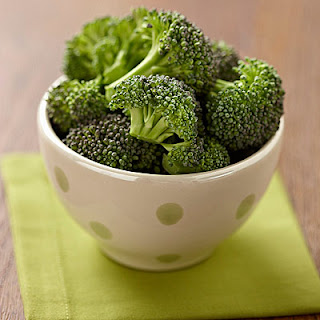Vitamin A is essential for maintaining our eye and skin health along with our immune function, but supplementation is simply “not necessary,” says Janet Bond Brill, PhD, RD, a nutritionist and author of Cholesterol Down: 10 Simple Steps to Lower Your Cholesterol in 4 Weeks Without Prescription Drugs. “Vitamin A is a fat-soluble vitamin that can be toxic in high doses,” she explains.
That said, recent research has shown that a vitamin A supplement may cut melanoma risk, though daily use of sun protection is still the best way to prevent skin cancer.
The bottom line: Get your vitamin A through beta-carotene-filled foods such as carrots, cantaloupe, broccoli, and spinach, which naturally convert to vitamin A in the body, rather than using nutrition supplements.


Post a Comment